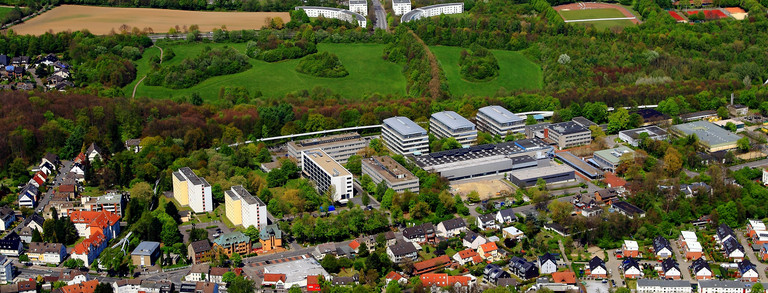Planning theories - status and perspectives
Since its beginnings in the 1960s, the planning discipline has developed into a relevant science in research, teaching and practice. Proximity to application combined with a traditionally rather low interest in theory, disciplinary diversity of the basic sciences and a lack of independent paradigmisation to this day have repeatedly led to accusations of eclecticism and a lack of a common theoretical core in the past. In this context, the procedural planning theories developed in the past decades nevertheless have an important function: the profession's understanding of itself. However, in the German-speaking world, there has been a lack of a current stocktaking of the international state of discussion on planning theory, which could form a basis for further professional discourse.
Under the leadership of Prof. Wiechmann, the ARL working group "Planning Theories - Status and Perspectives" has set itself the task of taking stock of the current state of international discussion on selected discourses in planning theory. By reflecting on these discourses and identifying deficits in the debate to date as well as open research questions, a basis for further specialist discourses was formed. In this way, the working group aimed to contribute to the conceptual debate in the planning sciences.
The central result of the working group was the two-volume ARL Reader Planning Theory in German language. As an compendium, it presents original texts by well-known authors that have shaped debates. These are categorized and critically discussed by renowned planning scientists. The reader thus offers an unprecedented overview of the fundamentals of current planning theory debates for students of spatial and planning sciences as well as academics and practitioners interested in the subject.



